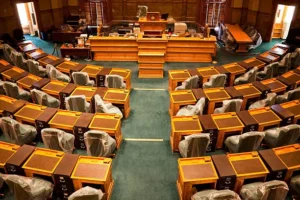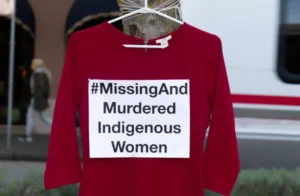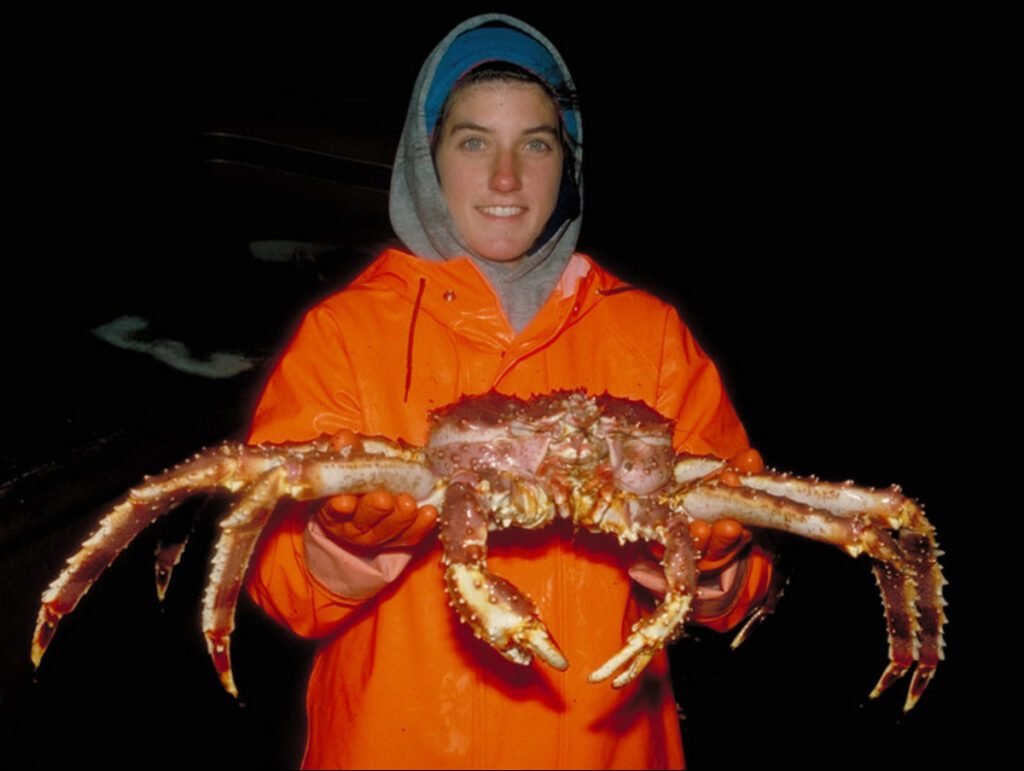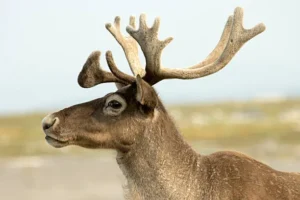The alarming decline of Alaskan snow crabs in the Bering Sea in 2022 has raised serious concerns among the fishing industry and scientists. The Alaskan crab missing point to drastic decline primarily results from rising global temperatures and not overfishing.
Attempting to fish in the Bering Sea is extremely difficult. High-level decision making, handling of the boat, and upkeep are necessary. Even with the harsh winter conditions, it is important to schedule the fishery during the crabs growth and mating cycles of Alaskan snow crabs. The primary objective of winter fishing is to avoid disrupting the molting process of large male crabs in late spring or early summer, while also maximizing the catch of hardshell crabs. Alaska snow crabs can tolerate temperatures as high as 12 degrees Celsius, but they thrive in waters with temperatures below 2 degrees Celsius.
Latest information from the National Oceanic and Atmospheric Administration (NOAA) emphasizes the gravity of the problem. July 2024 was the warmest July on record, with worldwide surface temperatures averaging 2.18 degrees Fahrenheit above the twentieth-century average. This number is the 14th consecutive month of record-breaking temperatures, indicating a substantial and ongoing shift in global climate trends.
In recent years, the Bering Sea has seen many maritime heatwaves, making Alaskan snow crab survival even more difficult. Rising temperatures have accelerated their metabolism, resulting in fast energy loss and widespread famine. This condition, along with food shortages, has resulted in Alaskan snow crabs going missing.
This reduction has a substantial negative impact on Alaska’s economy. The snow crab business, formerly a key cash source worth $227 million per year, has declined. Fishermen are increasingly facing financial challenges and seeking alternate livelihoods. Furthermore, the absence of crabs of Alaska raises questions about the overall health of the Bering Sea ecosystem. Warmer seas are attracting new species, potentially upsetting the local food chain and displacing native species.
The crisis with Alaskan snow crabs missing highlights the impact of climate change on global ecosystems. Urgent action is necessary to address climate impacts and protect vulnerable species. However by understanding the causes behind the decline of snow crabs, scientists can develop strategies to safeguard other species at risk.









